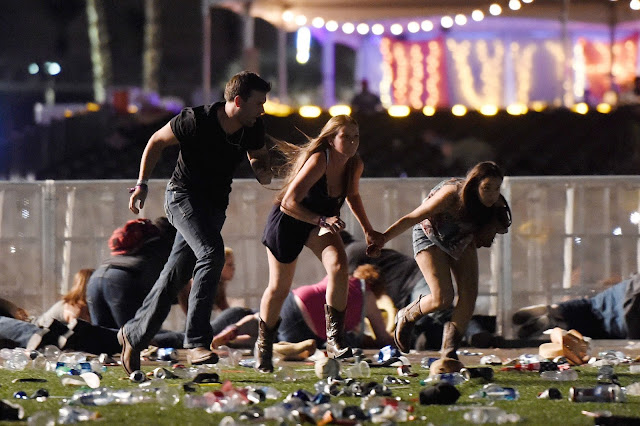Despite being Africa’s largest economy, the wealth of the country does not seem to be reflected in the bank balance of many of its people. We can spend the next few hours talking about these challenges (as many often do) and this would be justified. There are more than enough challenges to talk about but too often, many Nigerians do not have time or headspace for any other conversation about the country.
We all know the issues and we are very happy and comfortable offering every kind of analysis and explanation possible for why things are the way they are. However, when it comes to conversations about actually doing something about the issues, there seems to be a poverty of interest. Too many people only seem to be interested in talking about the problems.

As we celebrate 60 years of independence, Nigerians have a very clear choice to make. Do we continue to focus all our energy on merely talking about our problems and challenges or do we choose to nurture and support the green shoots of recovery that are beginning to appear?
“What green shoots of recovery?” you may ask. Well, here are some:
Technology
Nigeria has one of the most exciting tech ecosystems in the world today. From fintech and biotech to ecommerce and IT, Nigeria has some of the most innovative entrepreneurs that are using technology to drive solutions and create opportunities across the country.
Between Kobo360, the logistics startup equipping African businesses to take advantage of the new continent-wide free trade agreement by enabling effective and efficient movement of goods and 54Gene, the healthcare startup that is trying to unlock the African genome by building the world’s first and largest pan-African biobank, there is no shortage of innovation. There is also TradeDepot, an end-to-end distribution platform that aims to connect the world’s top consumer goods companies directly to informal retailers on the streets of Africa’s cities.
Media
Publications like Zikoko, Techcabal and Stears are re-energizing Nigeria’s once stale media landscape. Whether you are looking for in-depth, data driven analysis of the Nigerian economy, the latest technology and business news or you just want a light piece to unwind your mind after a long day, there is no shortage of publications with content written by Nigerians, for Nigerians.
We are now taking the issue of telling our own stories seriously and the millions of readers, social media shares and wider endorsements suggests that this space is only going to get bigger and better.
Arts and literature
Nigeria has a long tradition of world class artists whose works are coveted across the world. These pieces do not only adorn galleries and private collections but they also provide viable means of employment and income for many artists. For example, Nigeria’s army of hyperrealist artists are arguably the best in the world and many of them are increasingly showcased alongside other artists in galleries across the world. At home, places like Nike Art Gallery are now as much of a tourist destination as anywhere else.
Plays by Nigerian playwrights are regularly performed in theatres across Nigeria (COVID-permitting), on Broadway in New York and in the West End in London. Novels by Nigerian writers are on bestseller lists across the world. From Chinua Achebe and Wole Soyinka to Chimanada Ngozi Adichie and Adaobi Tricia Nwaubani, Nigerian writers are revered and respected across the world for their work to this very day.
People
Nigeria’s greatest asset is its people. We are a unique, energetic and entrepreneurial people. Our resilience is without question. Our love for life is second to none. We have certainly had our share of tough times but you wouldn’t know by the smiles on many of our faces.
Virtually every major university in the English-speaking world has a cohort of Nigerian academics. There is hardly a hospital anywhere in the world where you wouldn’t find Nigerian medical personnel, many of them shuttling between Nigeria and the country they’re based to provide world class service on both sides. Nigerians, both in Nigeria and abroad, have been notably successful in business and finance, and across a range of histories.
The list goes on
It is important to emphasize at this point that I am not trying to say that Nigeria is perfect or that things are generally ‘good’. That is not the case and certainly not the point I am trying to make. My point is that while it is crucial to identify and challenge the issues that abound, we should not starve these innovators and change makers of the attention and support they deserve.
Nigeria’s fortunes will not improve because we ‘complained’ our problems to submission. Our fortunes will only change when we begin to seize the opportunities (however limited) that do exist to drive our nation forward.
Happy 60th Independence Day my people!! Today, we celebrate









